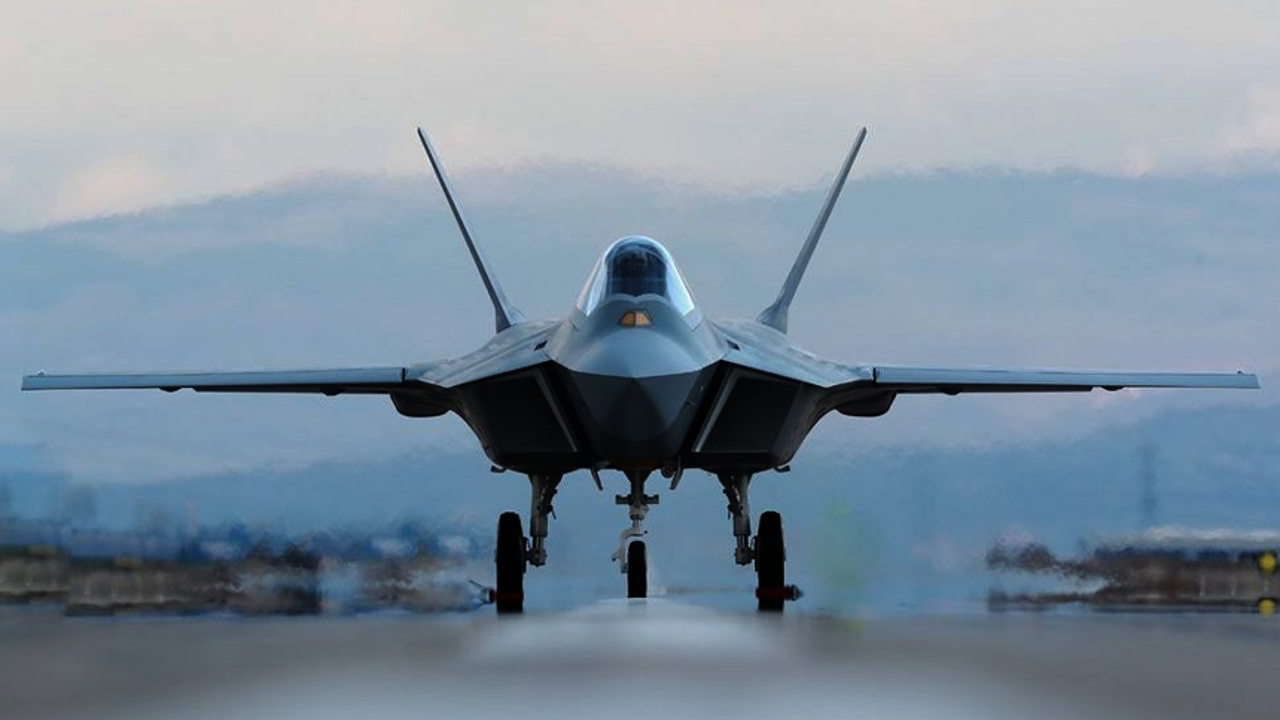Turkey’s national fighter jet KAAN and domestic engine development projects are progressing as planned, according to recent statements by Defense Industries President Haluk Görgün. Görgün emphatically stated that there are no delays in the program schedule.
KAAN development continues
Responding to questions raised following Foreign Minister Hakan Fidan’s statements that the KAAN engines are being held up in the US Congress and its license has been suspended, Görgün confirmed that the program is ongoing.

As is known, KAAN is scheduled to enter the inventory in 2028. The initial batch of Block 10 versions was slated to fly with General Electric F110 engines produced by GE Aviation, the US company currently used in F-16s. The first batch of KAANs will not be directly 5th generation, but will be an intermediate version referred to as 4.5th generation.
The aim is for KAAN to reach full 5th generation level with domestically produced engines. The timeframe for the domestically powered KAAN was announced as 2032 or 2033, and these dates remain unchanged.
President Görgün emphasized that engine procurement has never been dependent on a single source and that alternative procurement and development options are implemented simultaneously. This approach strengthens technological independence and ensures delivery continuity.
Görgün stated that the TF6000 turbofan engine developed for the ANKA-III has been successfully commissioned. He also reported that development activities are ongoing for the TF10000, an afterburner version for the KIZILELMA, as well as the TF35000 main engine and APU60 auxiliary power unit to be used in the KAAN.
Görgün emphasized that the mass production of the KAAN is planned to be based on domestically produced engines, not foreign ones. He explained that in the defense industry, existing engines are first introduced, followed by national engine projects. He also stated that the KAAN is being produced using a block approach, with versions enhanced with different capabilities gradually being added to the inventory.
Görgün: He reminded the audience that the official application process for the procurement of engines for the first block version of the F110 engine has been completed. He noted that if these engines cannot be procured, engine changes for the first blocks are possible.
He noted that engineering development needs are likely to arise in such a situation, but that aircraft design activities already require continuous change management. Görgün stated that he believes there will be no significant scheduling disadvantage in a potential engine change scenario.













